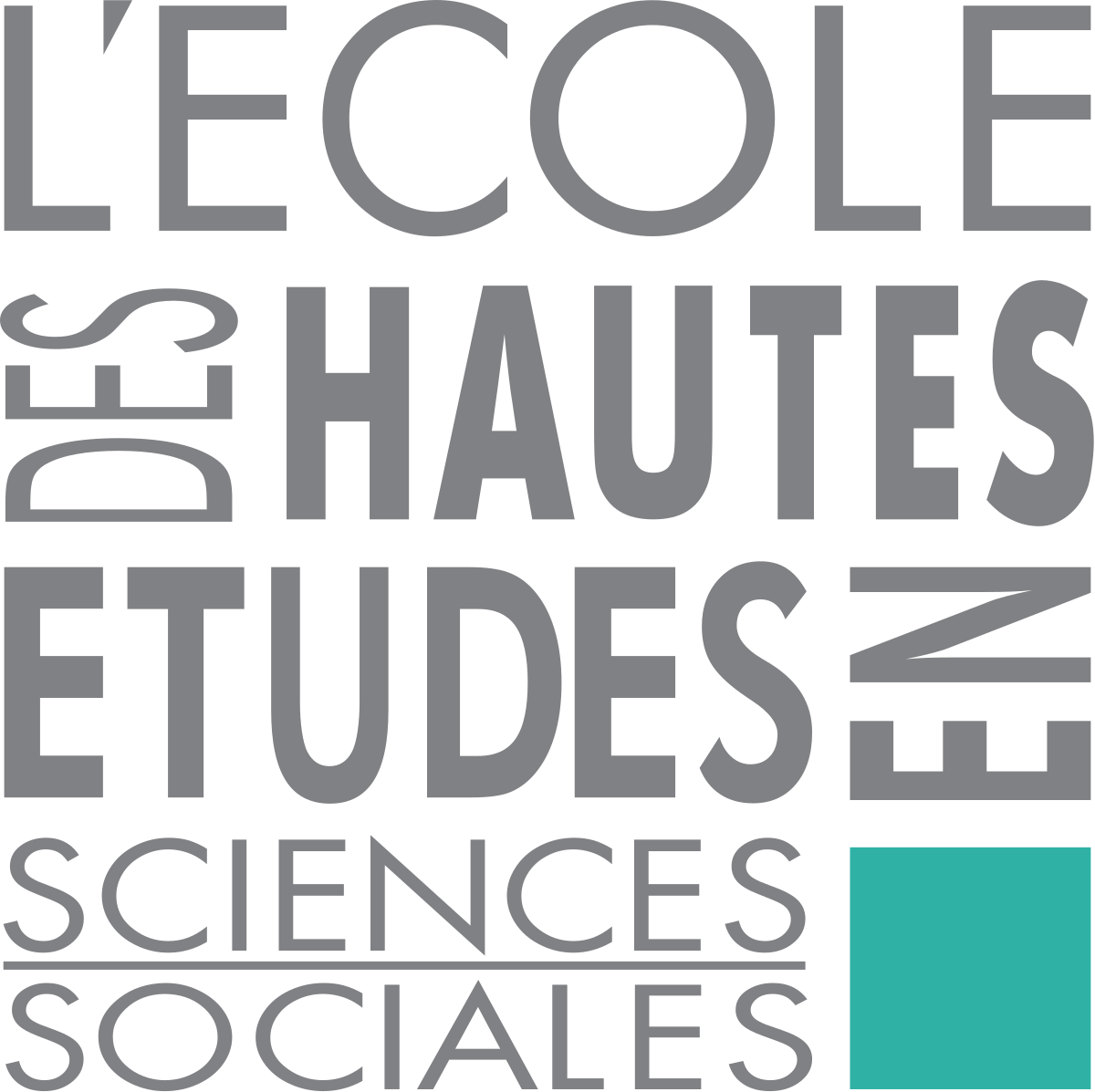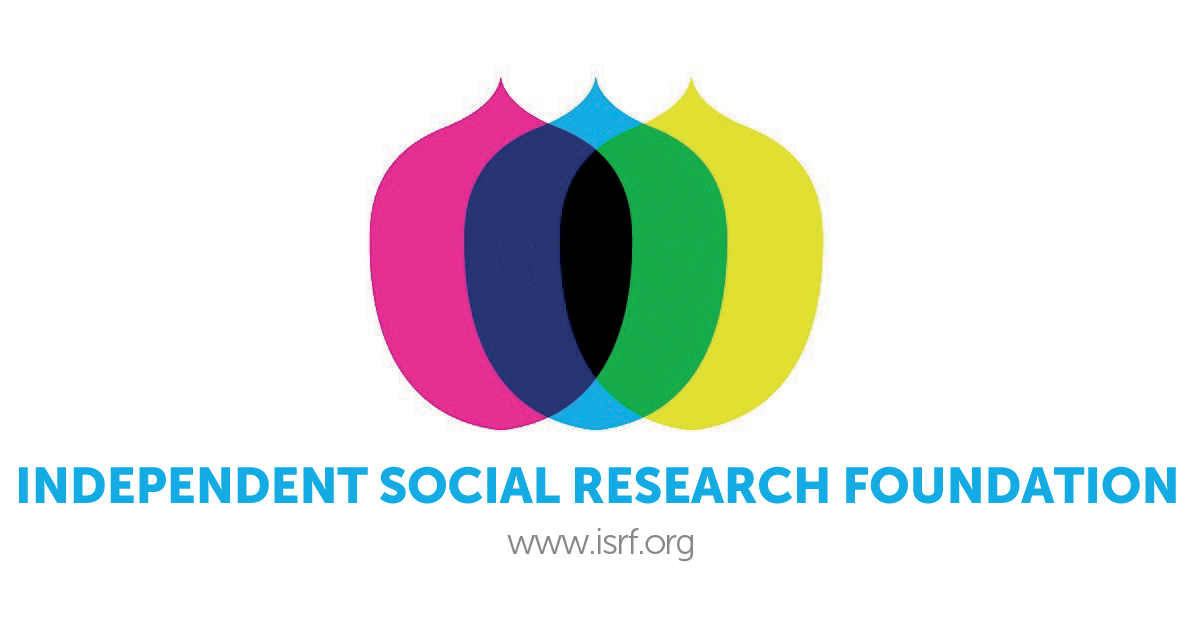‘Ethical’ artificial intelligence has become a commonplace for both big companies and public institutions, but what does this avalanche of declarations of principles really say? A dive into wordings and censorship with sociologist Anna Jobin and artist Paolo Cirio.
‘Ethical’ artificial intelligence has become a commonplace for both big companies and public institutions, but what does this avalanche of declarations of principles really say? What understanding of the very concept of ethics motivates these recommendations? On the basis of a careful analysis of these documents, Swiss sociologist and researcher Anna Jobin argues that, despite an apparent convergence on certain aspects, no ethical principle is common to all these declarations. This dissonance invites us to deepen our reflection on the governance of AI as quickly as possible, especially in light of the generalization of the use of facial recognition, as we’ll see with the artist Paolo Cirio, whose work on this subject was recently censored in France.
Guests:
- Anna Jobin is a sociologist, member of the Young Swiss Academy and associate researcher at the STS Lab of the University of Lausanne. She is a member of the working group on ethics of the Association of Internet Researchers, of the steering committee of the Swiss Internet Governance Forum, and of the Swiss Federal Media Commission.
- Paolo Cirio works with the legal, economic and cultural systems of the information society. He has recently exhibited at the PAN Museum in Naples, the Kunsthalle in Vienna, Fondazione Sandretto Re Rebaudengo in Turin and almost at Le Fresnoy in Tourcoing, from which his work was removed at the request of the Ministry of the Interior last October.
- Antonio Casilli is professor of sociology at Telecom Paris and researcher at the Interdisciplinary Institute of Innovation at the CNRS.
(password : 570368)
Curated by Antonio Casilli & Aude Launay.


